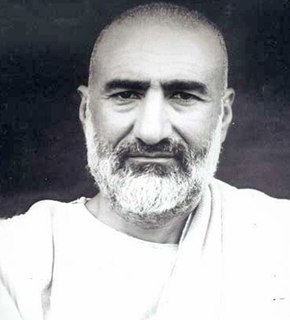A Quote by Thomas Paine
The Church was resolved to have a New Testament, and as, after the lapse of more than three hundred years, no handwriting could be proved or disproved, the Church, which like former impostors had then gotten possession of the State, had everything its own way. It invented creeds, such as that called the Apostle's Creed, the Nicean Creed, the Athanasian Creed, and out of the loads of rubbish that were presented it voted four to be Gospels, and others to be Epistles, as we now find them arranged.
Quote Topics
After
Apostle
Arranged
Church
Could
Creed
Creeds
Everything
Find
Former
Four
Gospels
Gotten
Had
Handwriting
Hundred
Hundred Years
Invented
Lapse
Like
Loads
More
New
New Testament
Now
Others
Out
Own
Possession
Presented
Proved
Resolved
Rubbish
State
Testament
Than
Them
Then
Three
Voted
Way
Were
Which
Years
Related Quotes
I have followed the Church in giving our party program the character of unalterable finality, like the Creed. The Church has never allowed the Creed to be interfered with. It is fifteen hundred years since it was formulated, but every suggestion for its amendment, every logical criticism, or attack on it, has been rejected.
While I am opposed to all orthodox creeds, I have a creed myself; and my creed is this. Happiness is the only good. The time to be happy is now. The place to be happy is here. The way to be happy is to make others so. This creed is somewhat short, but it is long enough for this life, strong enough for this world. If there is another world, when we get there we can make another creed.
Every church pretends to have found the exact truth. This is the end of progress. Why pursue that which you have? Why investigate when you know? Every creed is a rock in running water: humanity sweeps by it. Every creed cries to the universe, "Halt!" A creed is the ignorant Past bullying the enlightened Present. The ignorant are not satisfied with what can be demonstrated. Science is too slow for them, and so they invent creeds. They demand completeness. A sublime segment, a grand fragment, are of no value to them. They demand the complete circle... the entire structure.
Contemporary Christianity, diverse and complex as we find it, actually may show more unanimity than the Christian churches of the first and second centuries. For nearly all Christians since that time, Catholics, Protestants, or Orthodox, have shared three basic premises. First, they accept the canon of the New Testament; second, they confess the apostolic creed; and third, they affirm specific forms of church institution. But every one of these - the canon of Scripture, the creed, and the institutional structure - emerged in its present form only toward the end of the second century.
Not one of the orthodox ministers dare preach what he thinks if he knows a majority of his congregation think otherwise. He knows that every member of his church stands guard over his brain with a creed, like a club, in his hand. He knows that he is not expected to search after the truth, but that he is employed to defend the creed. Every pulpit is a pillory, in which stands a hired culprit, defending the justice of his own imprisonment.
One of the things that's happening to a lot of us is that there's this vision of the beauty of God that transports us and that takes us to a new depth and a new height. It's one of those things about beauty. You can't capture it in a word or a formula. When you get to that humble place where the beauty of God has overwhelmed you, I think it changes everything. You can say the same creed that you said before, but now it's not a creed that grasps God in the fist of the words, but it's a creed that points up to a beauty that's beyond anybody's grasp.
On politics I strive as much as possible to let my passions be for God and for the Church and for others (the Jesus Creed). I place no confidence in redemption by way of politics. The political hope ebbs and flows every 8 years now; I don't get all riled up if a Republican or a Democrat wins; I don't think it matters that much to what we are called to do on a daily basis.
































